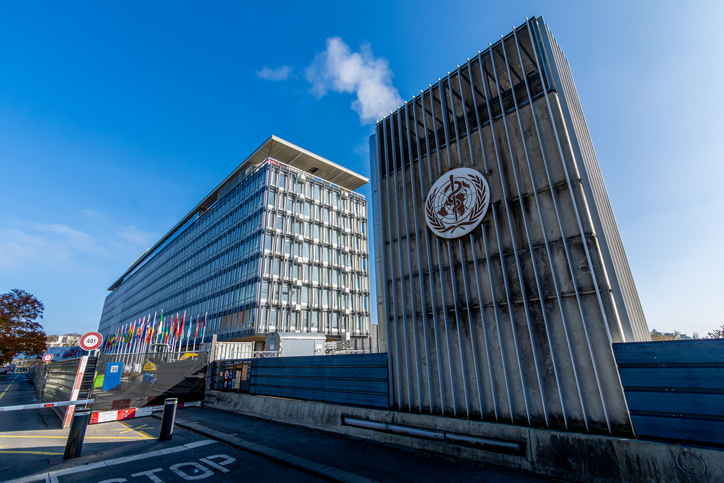The state of Washington’s sales tax exemption program providing incentives for people to purchase alternative fuel vehicles—primarily electric vehicle (EV) and plug-in hybrid vehicle purchasers—ended in May.
The credit, which began in 2016, was set to end after 7,500 eligible vehicles were titled in the state, which happened on April 4.
The program covered a variety of alternative-energy vehicles, including EVs, fuel cell vehicles, natural gas and propane powered vehicles, and plug-in hybrids. It applied only to vehicles with a base-model price of $42,500 or less, making more-expensive electric cars such as the Tesla Model S and Model X ineligible. The tax credit was capped at $32,000 per vehicle.
May 31 was the last day for the credit. There are no current plans to renew it.
‘Didn’t Help the Environment’
The sales tax break did nothing to protect the environment or fight climate change, says Todd Myers, director of the Center for the Environment at The Washington Policy Center.
“This didn’t help the environment,” Myers said. “The politicians knew it wasn’t helping the environment, but they continued it as long as they did because they wanted to appear cool and concerned about the environment. If you’re giving a tax break to encourage carbon dioxide emission reductions by subsidizing alternative fuel vehicles, you aren’t going to achieve that, because the vehicles are niche goods purchased by the relatively wealthy who wish to ‘virtue signal’ their environmental credentials.
“You are taxing working people to give the tax break to the rich, but the rich aren’t price-sensitive and would buy electric cars anyway,” Myers said. “As a result, this program did virtually nothing to reduce carbon dioxide emissions. Rather, it was just giving free money to the relatively wealthy, who also happen to be supporters of the politicians who doled out the money.”
Kenneth Artz ([email protected]) writes from Dallas, Texas.



